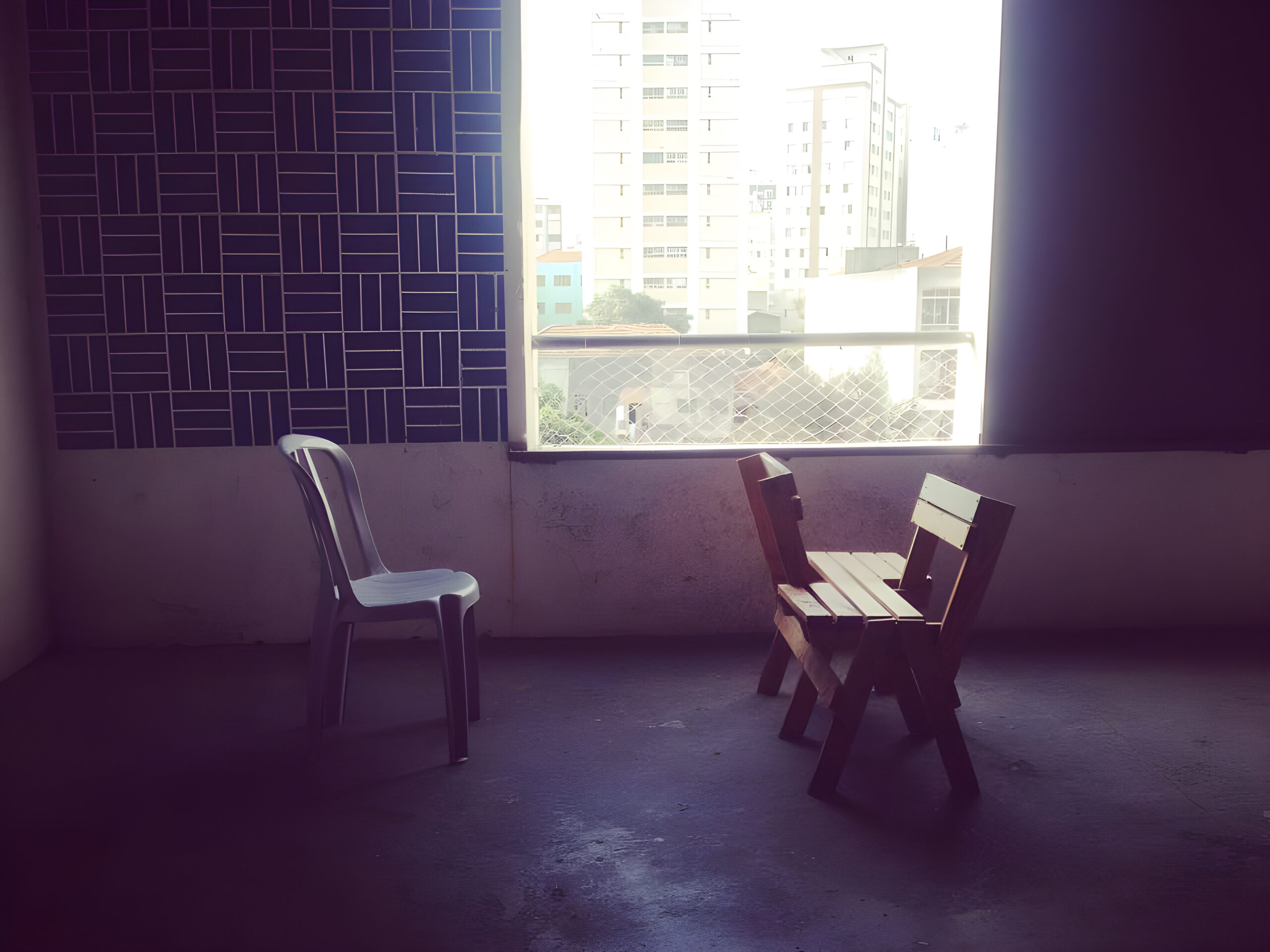The Free Clinics Working Group (FCWG) is a collective space of exchange, learning, thinking and writing promoted by FREEPSY. As an important part of FREEPSY research, the FCWG will hold a space for inscribing historical and contemporary accounts of free clinics into our fields of psychoanalysis and psychosocial studies. By reading, sharing, connecting and writing we challenge the hegemonic historiography of our disciplines which sees psychoanalysis as a Eurocentric canon, investing in the vibrancy of praxes that are either from the Global South or peripheric in their own manner, re-inventing psychoanalysis in their own time.
The third FCWG on December 2nd 2024 was held at ‘Lift’ in Islington, a former Victorian school that has been converted into a well-appointed venue with meeting and training rooms, and a stunning rooftop terrace. The FREEPSY team welcomed three colleagues who are part of the Berlin free and low-cost clinic Open Counselling (Offene Sprechstunde).
The afternoon started with short presentations from the FREEPSY team: Ana Minozzo spoke about free clinics in Brazil, Ana Tomčić gave a short presentation on Melitta Schmideberg’s work in Germany, the UK and the USA and Ewan O’Neill spoke about the nascent FreePsy archive and presented the first edition of our Free Clinics Network.

Following this, colleagues from Open Counselling introduced us to their work and some of the key challenges faced by psychoanalysts (and psychoanalysis) in Germany. The working group was attended by other clinicians working in UK free clinics and the discussion brought forth interesting points about the differences and similarities between uncertainties faced by analysts who work in the UK and those operating in Germany.
As Marcus Coelen, Katrin Becker and Camilla Croce explained, the history of the clinics in Germany was marked by three main traumas. The first of these, according to Marcus Coelen, was the medicalisation of psychoanalysis, a question which goes back to the days of the Berlin Policlinic – the first free clinic in Europe, founded in 1920 – when psychoanalytic training was regulated for the first time. The question of so-called lay analysis – whether or not psychoanalysis can be practiced by candidates without a medical degree – was already posed at this time.
Freud himself was an eager supporter of lay analysis and a number of early analysts did not come from a medical background. However, in certain countries, such as in Germany and the USA, the odds lay predominantly in favour of medically trained analysts and this had profound consequences on the way psychoanalysis was taught and practised. In Germany today, patients are able to access psychoanalytically informed psychotherapy via the health system. However, a psychiatric diagnosis is generally the requirement for accessing therapy. In addition, various groups of people, such as immigrants who have not yet acquired legal status, are excluded from the health system.

As a group of non-medically-trained analysts, largely of Lacanian orientation, colleagues from Open Counselling have been faced not only with the question of their legal status, but also with the issue of there not being a training that would adequately facilitate a focus on the patient’s language and their individual narrative, beyond the diagnosis in question. The issues of having to meet pre-established criteria and provide proof of successful outcomes were also raised. However, it was equally agreed that a wider distribution of psychoanalysis in the public health system had its positive sides. A position on the fringes of institutional analysis provides the analysts in Open Counselling with more freedom, but also potentially limits their scope of action.
The second trauma that left a profound impact on the development of psychoanalysis in Germany, or perhaps it is better to say psychoanalysis in general, was the advent of National Socialism.
This motivated a number of analysts active in the original free clinics in Germany to emigrate to the UK, USA, South America and elsewhere, profoundly changing the psychoanalytic and social landscape at their destination. It also disrupted the psychoanalytic tradition in Germany, which took a long time to rebuild in the aftermath of the Second World War. This new tradition, inflected by its medical orientation, led to Lacanian analysis being largely absent from the German psychoanalytic tradition, which our colleagues from Open Counselling named as the third trauma in the history of psychoanalysis in Germany.

Other questions raised in the discussion included the institutional and collective dimensions of transference, how sexuality is inflected by social conditions, the paucity of spaces in which speech is not regulated in Germany and the UK alike, the exclusion of psychotic and borderline patients from mainstream networks of care, the advantages and disadvantages of institutional analysis as well as the question of what analysts working in free clinics can offer beyond their individual work. The evening ended with a presentation from our artist Ana Čvorović, who presented her latest work, exhibited at the Psychoanalysis and Radical Psychiatry Conference in November. This links with the topic of our next working group, in which the relationship between art and psychoanalysis will be more directly in focus.

